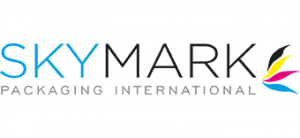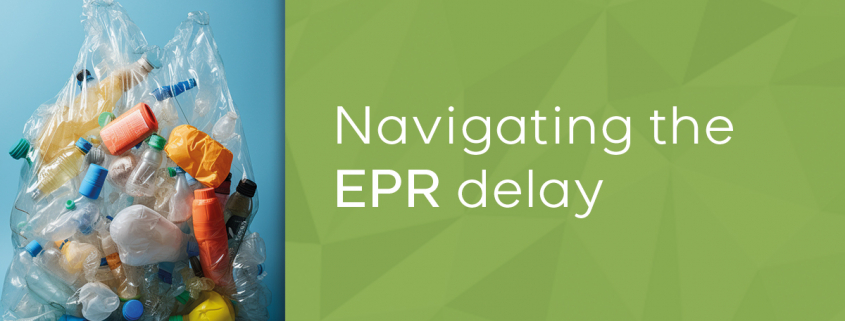Insights from Packaging Manufacturers and Brands
In a time of rapidly evolving economic and regulatory landscapes, the recent announcement of the one-year delay to the implementation of the Extended Producer Responsibility (EPR) scheme by the UK Government, until 2025, has stirred mixed reactions. From the perspective of both packaging manufacturers and brands, it’s worthwhile to delve deeper into the implications of this development.
The SWOT Perspective
The delay in the EPR scheme presents a unique set of strengths, weaknesses, opportunities, and threats (SWOT) for both packaging manufacturers and brands.
On the one hand, the additional time could be a strength, granting manufacturers the opportunity to innovate and streamline their operations while brands can explore robust strategies to ensure alignment with EPR principles. However, this delay also unveils a potential weakness as it extends the period of uncertainty, challenging strategic planning for both parties.
As for opportunities, the delay allows manufacturers and brands to collaborate with stakeholders, refining strategies for EPR compliance. Conversely, the threat lies in the possibility of criticism, which could potentially harm the perception of commitment to environmental sustainability.
Weighing the Pros and Cons
For both packaging manufacturers and brands, the deferral of the EPR scheme bears varied implications.
On the positive side, the delay offers more time to strategise and prepare for the changes, which could potentially result in a smoother transition to the EPR model. The downside is the prolonged period of uncertainty that could disrupt long-term planning. Moreover, this delay could place the commitment to sustainability of both manufacturers and brands under scrutiny, affecting their public image and customer relationships.
The Larger Picture
Beyond the direct implications for manufacturers and brands, this decision also influences the broader landscape of the UK’s environmental commitments. The delay could potentially slow the progress towards national goals of eliminating avoidable waste by 2050 and achieving net-zero emissions, but the extra time might also enhance the EPR scheme’s effectiveness upon implementation.
The EPR delay offers us an opportunity to further enhance our sustainable practices and refine our packaging solutions. This isn’t a pause in progress, but a chance to improve and innovate, ensuring we deliver top value to our clients and contribute positively to the environment
Dan Richards – Sales & Marketing Director
Spotlight on Success Stories
Manufacturers and brands can use this time to learn from industry pioneers who have innovated in packaging and waste management. These successful case studies offer a roadmap on how to navigate the upcoming EPR compliance while also developing sustainable and profitable strategies.
The Balance Sheet of Sustainability
While the delay offers temporary financial respite, both manufacturers and brands need to consider the long-term economic implications of environmental commitments. With consumers becoming increasingly eco-conscious, sustainable practices, including packaging, are becoming a key market differentiator. Early investments in sustainability could reap significant future rewards.
To sum it up, the delay in the EPR scheme implementation has given both manufacturers and brands valuable time to prepare for the changes ahead, but it’s not without challenges. This interim period needs to be navigated carefully, balancing regulatory compliance with public perception, strategic decision-making, and the push for innovation. The clear goal for all parties involved is to use this additional time to not only prepare for EPR but also to reinforce commitments to sustainable practices, for the benefit of the industry, consumers, and our planet.







